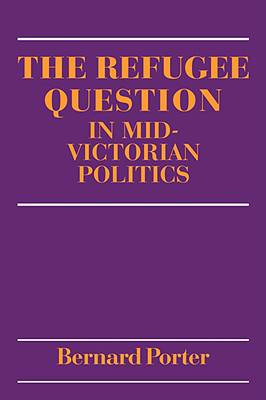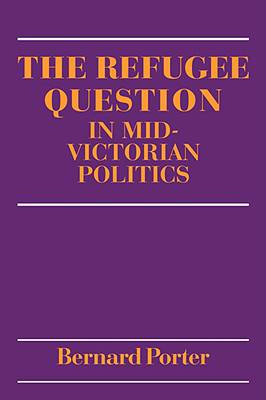
- Afhalen na 1 uur in een winkel met voorraad
- Gratis thuislevering in België vanaf € 30
- Ruim aanbod met 7 miljoen producten
- Afhalen na 1 uur in een winkel met voorraad
- Gratis thuislevering in België vanaf € 30
- Ruim aanbod met 7 miljoen producten
Zoeken
€ 64,95
+ 129 punten
Uitvoering
Omschrijving
The British have long boasted of their tradition of asylum for political refugees, but never with more justification than in the nineteenth century, when the legal toleration which was accorded them in Britain was nearly absolute. Not only were fugitives of all political complexions allowed into Britain, but there was for most of the century no possible way - no law on the statute book - by which they could be kept out. This, and the licence which was allowed them to agitate and conspire were greatly resented by the governments from which they had fled, and regretted only a little less by many British ministers, who sometimes found it necessary to take measures against them which were of dubious constitutional legality, and who wished, and once tried, to amend the law in order to enable them to do more. That effort, arising from Orsini's bomb plot in January 1858, resulted in the fall of the government which proposed it, and the loss by its successor of a famous state prosecution: a failure which, as this book argues, was crucial for the maintenance of the practice of toleration thereafter.
Specificaties
Betrokkenen
- Auteur(s):
- Uitgeverij:
Inhoud
- Aantal bladzijden:
- 256
- Taal:
- Engels
Eigenschappen
- Productcode (EAN):
- 9780521088152
- Verschijningsdatum:
- 30/10/2008
- Uitvoering:
- Paperback
- Formaat:
- Trade paperback (VS)
- Afmetingen:
- 152 mm x 229 mm
- Gewicht:
- 381 g

Alleen bij Standaard Boekhandel
+ 129 punten op je klantenkaart van Standaard Boekhandel
Beoordelingen
We publiceren alleen reviews die voldoen aan de voorwaarden voor reviews. Bekijk onze voorwaarden voor reviews.







